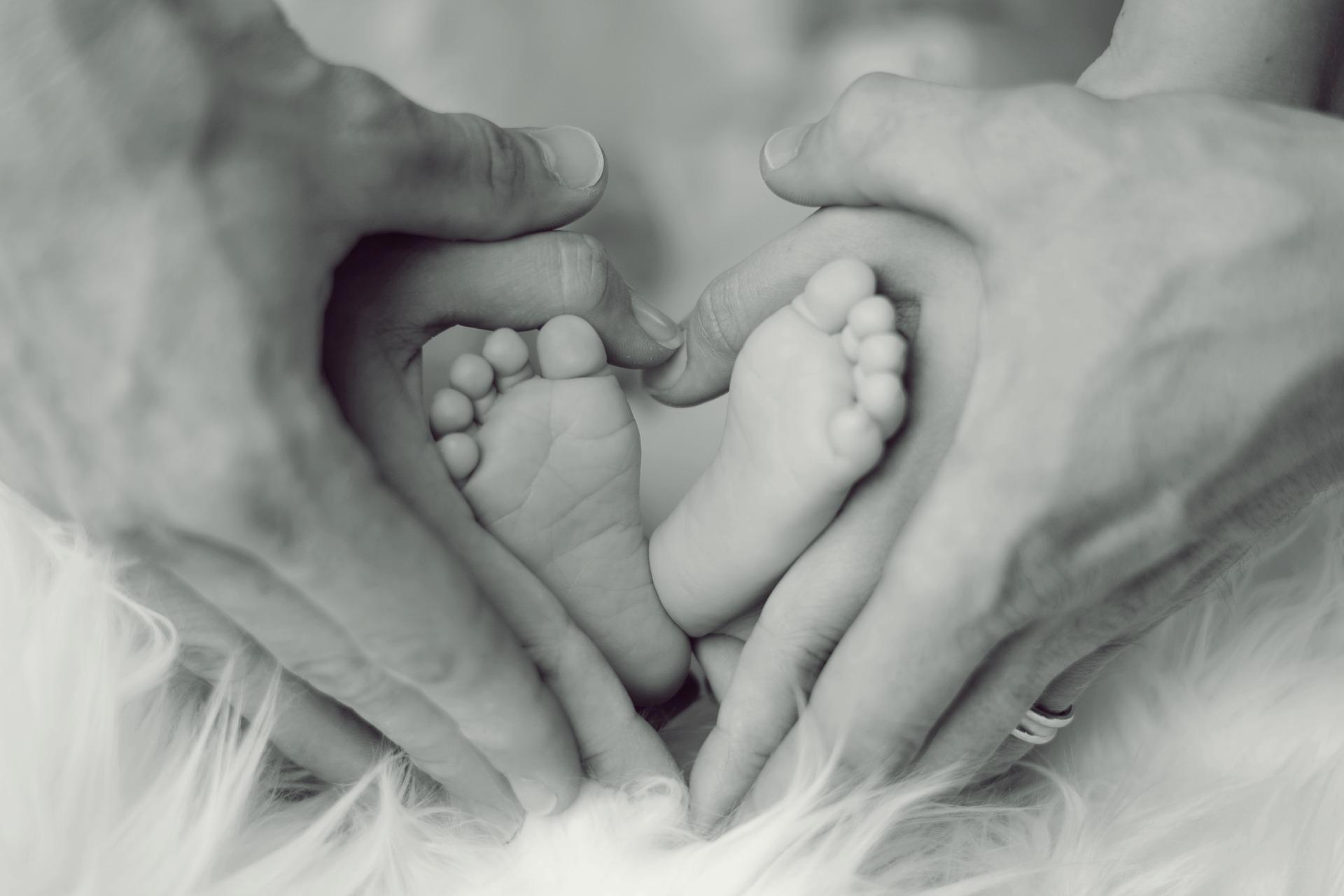
Prime Minister Viktor Orbán has written a letter to 44 MEPs who recently approached him in an open letter concerning the war in Ukraine.Continue reading

Those who live in harmonious families, marriages and raise children have better mental health indicators, said the President of the Kopp Mária Institute for Population and Families (KINCS) at the 31st Bálványos Summer Free University and Student Camp in Tusnádfürdő, Szeklerland.
In a round table discussion on family and mental health, Elfie Fűrész noted: In Hungary, the Constitution defines the family – as a parent-child relationship and marriage – as there are many different concepts of family in the world today.
She said that in the summer of 2021, they conducted their sixth survey on the state of mind of Hungarians, which their eponym, Mária Kopp, had already conducted five times before, most recently in 2012, by asking 7,000 people. In this recent survey, they looked at the same indicators – health, happiness, well-being, depression, and stress indicators – as in previous surveys.
She said the 2021 survey results show significant positive changes for both women and men. This reaffirms that those who live in harmonious families, and marriages, and have children have better mental health indicators. Mária Kopp also always insisted that loving families and loving relationships are the most important factor protecting health, emphasized Tünde Fűrész.
Presenting the results of the research, she said that women’s happiness levels have caught up with men’s, improving by almost a whole point on a scale of one to ten to above 7.4, but women show a greater improvement in almost all categories. This may be linked to a greater appreciation and recognition of women’s family roles, according to the President of KINCS.
She said it was encouraging that while a quarter of people were in the high-risk group in the WHO’s well-being index in 2012, now only 14% are in this category and that there has also been a positive shift in depression. Indicators on social norms, values, and coping with stress have also improved,” he added.
Tünde Fűrész noted that the improvement in mental well-being indicators among young people is not nearly as great as in general, while coherence indicators are higher among those living in rural areas than among their urban counterparts.
During the discussion, Szidónia Rusu, a sociologist at Babeş-Bolyai University, presented her research on the mental state of Hungarian doctoral students in Transylvania. She pointed out that being a doctoral student has a negative impact on social relations, but for those who already have a stable relationship and family situation, this is a significant protective factor. Moreover, in such a special life situation, the community’s ability to hold on to its members is also important, she noted.
Emese Vita, a sociologist at the Institute for National Policy Research, added that young people who are about to start a family are more likely to feel the negative effects of work-life balance than those who have in a family.
Andrea Bota, a psychologist at Babeş-Bolyai University, also pointed out during the discussion that in the family, a “primordial trust” is established in childhood, which means that there is always a fictitious, symbolic “inner home” to which one can return in the event of success or failure.
Featured image: illustration via Pixabay